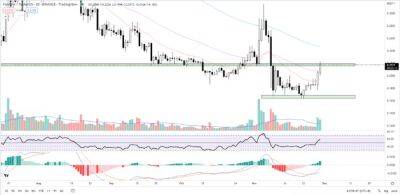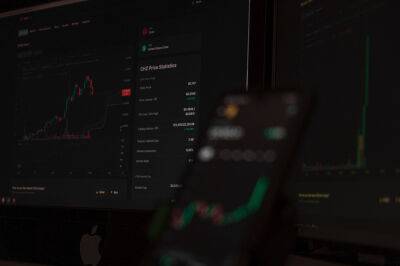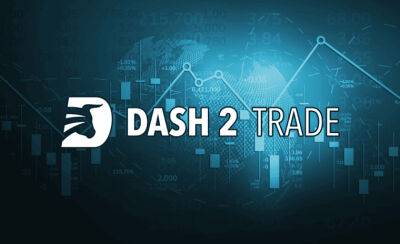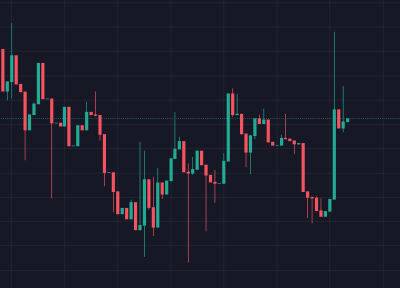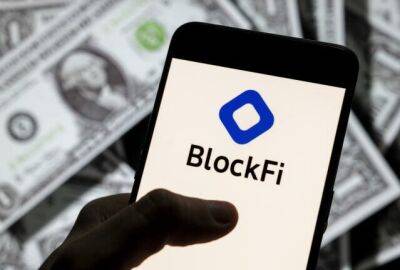Singapore Fintech Festival 2022: Inside Project Guardian
Under this first industry pilot, the banks conducted foreign exchange and government bond transactions against liquidity pools comprising of tokenised Singapore Government Securities Bonds, Japanese Government Bonds, Japanese Yen (JPY) and Singapore Dollar (SGD). Further, a live cross-currency transaction involving tokenised JPY and SGD deposits was successfully conducted and a simulated exercise was performed involving the buying and selling of tokenised government bonds.
DeFi enables transactions to be performed by entities directly with one another using smart contracts, without intermediaries. Alan Lim, head, fintech infrastructure office, MAS, who was moderating the session explored that Project Guardian centres around the creation of open interoperable networks, trust anchors, asset tokenisation, and institutional grade DeFi protocols.
Umar Farooq, CEO, Onyx by JP Morgan, also highlighted that DeFi projects such as these present an opportunity to reassess how infrastructure works end to end and create a future cash flow stream. “DeFi, blockchain and tokenisation gives us an opportunity to standardise the actual data representation of these things and possibly have then on the same rails.”
Digital assets allow individuals, businesses, and banks to create value in ways that we have not been able to before today. Farooq continued to say that by virtue of creating an asset of a certain value and transacting with it, the ability to swap that token in an instant – atomically – creates new markets and in turn, new opportunities.
Han Kwee Juan, managing director and group head of strategy and planning, DBS agreed. “The opportunity that we see from tokenised assets is to represent in a digital form that allows blockchain
Read more on finextra.com







